The Shift in Japan’s Economic Strategy with ASEAN: Why Domestic Matters
The year is 1974. Sakura season hasn’t come yet. Only the cold breeze from the north covers Japan with snow. At that time, Japan’s PM, Tanaka Kakuei, flew to a warmer place, Indonesia. There, Suharto and his cabinet welcomed the entourage. This visit commemorates a strong diplomatic tie between the two countries. Yet, outside the airport terminal, a massive demonstration breaks. The next day, the situation worsened. Protesters highlight the massive Japanese modal inflow to Indonesia. Japanese investors are accused of dominating the Indonesian industry. Hurting the traditional and domestic industry. Parallels with their demands to the Indonesian government regarding the economy and the rule of law. What started as a peaceful demonstration later turned into a riot. Looting and vandalism, especially towards Chinese-owned stores and Japanese products, turned Jakarta into chaos. This event was later known as the MALARI incident.
The MALARI incident wasn’t the first anti-Japanese sentiment in ASEAN countries. For instance, in November 1972, the National Student Centre of Thailand (NSCT) orchestrated a public campaign to boycott Japanese products in Thailand. Japanese products were being targeted due to public opinion towards Japan’s unfair economic relations, where Japan held a significant trade surplus with Thailand. But that’s not the whole picture. Throughout the 70s, Thai scholars raised criticism towards Japan’s economic expansion. Fearing Japan’s new form of imperialism, an economic one. And this anxiety comes from memories of the past.
Towards the Pacific War, Japan had a strong militaristic presence in the region. This held a significant role in order to fulfil Japan’s objective at that time. That is, pursuing dominance in Asia-Pacific. However, after their defeat, Japan changed its course towards economic expansion. This shift is in line with Japan’s new priority, post-war development. However, Japan’s national interest in creating economic dominance reminds the ASEAN people of the grim memories from Japan’s military operation in Southeast Asia. What was once a militaristic imperialism, now turned into economic imperialism. According to Thipakorn (2014), what happened in 1972 Thailand, the Thai people’s resentment towards Japan’s investment is linked to the notion of Japan’s economic imperialism.
Why Domestic Matters?
Japan’s aggressive economic expansion isn’t the sole reason behind public backlash. In reality, the anti-Japanese movement was also driven by domestic dissatisfaction. What happened in the MALARI incident isn’t just plain hatred towards Japanese goods and their capital flows. Rather, there is a complex political and economic discontent that has been built up prior to Tanaka’s visit in 1974. As reflected in the protestors’ demands. That is, to lower prices, fight corruption, and urge the disbanding of the President’s personal assistant (ASPRI). Similarly, Japanese product boycotts in Thailand also shared the same root with public dissatisfaction regarding domestic issues. With the rise of new social groups, especially the educated, discourse regarding how Thailand’s dictator’s military government undermined natural resources and human capital has grown in public.
Regarding domestic issues. Both cases share some similar problems. The first one is about democratization. Indonesia is still trying to restore its stability after the 1965 coup attempt. In the north, Thailand is also led by a military government. The political condition of both countries is in a vulnerable state. Second, the two governments faced constant pressure from the public, demanding the eradication of corruption. Business and government elites are accused of working behind the people to benefit their groups. This also correlates to the third problem, unjust economic development. The economy of both countries, quantitatively, increased. Yet, the distribution of wealth is relatively poor.
The Japanese failed to understand this situation. They even show their strong dominance in investment and trade. Putting intense pressure on domestic operators. In Indonesia, aligned with the newly passed 1967 foreign investment bill, the capital from Japanese investors flows to many sectors. Ranging from manufacturing (e.g., CENTEX in textiles and Toyota Astra in motor car assembly) to fisheries (Lindblad et al., 2002). Similarly, in Thailand, Japanese businessmen also invest heavily in the automotive and food industry (Thipakorn, 2014).
Fukuda And His Heart-to-Heart Strategy
After Tanaka, Takeo Miki assumed the PM office. During his premiership, he stated that Japan needed to intensify its relations with ASEAN (Shibusawa, 1984 in Edstrom, 2025). However, the Japan-ASEAN relationship still stands in an awkward position. The Association refused to invite PM Miki to the first ASEAN summit in 1976. What happened in ASEAN can not be overlooked by the Japanese. ASEAN geopolitical (with the rise of communism in Indo-china) and economic (source of Japan’s natural resources) position is in jeopardy. Maintaining stability and good relations with the region is critical for Japan’s national interest. After a series of anti-Japanese sentiment in ASEAN, Tokyo soon understood their unfavorable situation – that the region viewed them as capitalistic exploiters that were only interested in profits (Haddad, 1980).
A major reorientation then happened in the next premiership. During his 1977 tour in the Philippines, Japanese PM Takeo Fukuda gave a compelling “heart-to-heart” speech. He introduced the three pillars of Japan’s policy in Southeast Asia. The first one is about Japan’s commitment to peace and will not become a military threat. Second, Japan will consolidate its relations with Southeast Asia countries with mutual confidence and trust through heart-to-heart understanding. Third, the emphasis on equality between Japan and the ASEAN partnership. This tenet would later be labeled as the “Fukuda Doctrine”. These principles ought to rebrand Japan’s political-economy relations with ASEAN. Fukuda presented “heart to heart” cooperation in order to reverse his predecessor’s “resource diplomacy”. The success of the Fukuda Doctrine is reflected in the positive response by ASEAN countries. Until today, Japanese policy makers still regard the Fukuda Doctrine as a blueprint for the Japan-ASEAN partnership.
In Today’s Context
ISEAS – Yusof Ishak Institute The State of SEA 2024 report shows that Japan is placed as the most trusted partner among Southeast Asians. Despite the positive view, the number of investments and trade from Japan is fluctuating in a negative trend. China’s economic ascension could explain the prior. The Fukuda doctrine may have solved Japan’s poor relations with ASEAN in the past. But the dynamics of the present political economy of the region may lead policymakers in Tokyo to recalibrate their paradigm once again to stay relevant. With or without the Fukuda doctrine.
Reference
Edström, B. (2025). Japan’s evolving foreign policy doctrine: The long postwar. Springer Nature.
Haddad, W. W. (1980). Japan, the Fukuda doctrine, and ASEAN. Contemporary Southeast Asia, 2(1), 10-29. doi:10.1355/cs2-1b
Lindblad, J. T. & Thee Kian Wee. (2002). Indonesian Economic Development and Japanese Technology (Working Paper Vol. 2002-09). The International Centre for the Study of East Asian Development. https://www.agi.or.jp/media/publications/workingpaper/WP2002-09.pdf
Seah, S. et al. (2024). The State of Southeast Asia: 2024 Survey Report. ISEAS-Yusof Ishak Institute. https://www.iseas.edu.sg/centres/asean-studies-centre/state-of-southeast-asia-survey/the-state-of-southeast-asia-2024-survey-report/
Thipakorn, S. (2014). The anti-Japanese movement in Thailand in the 1970s in international and domestic perspective. Asian Review, 27(1), 17-26. doi:10.58837/chula.arv.27.1.2
Short Biography:
A. F. Abbas graduated from the Department of International Relations at Hasanuddin University. During his study, he initiated the Japan Culture Club. A club for Hasanuddin’s IR students who are interested in Japan’s socio-culture.

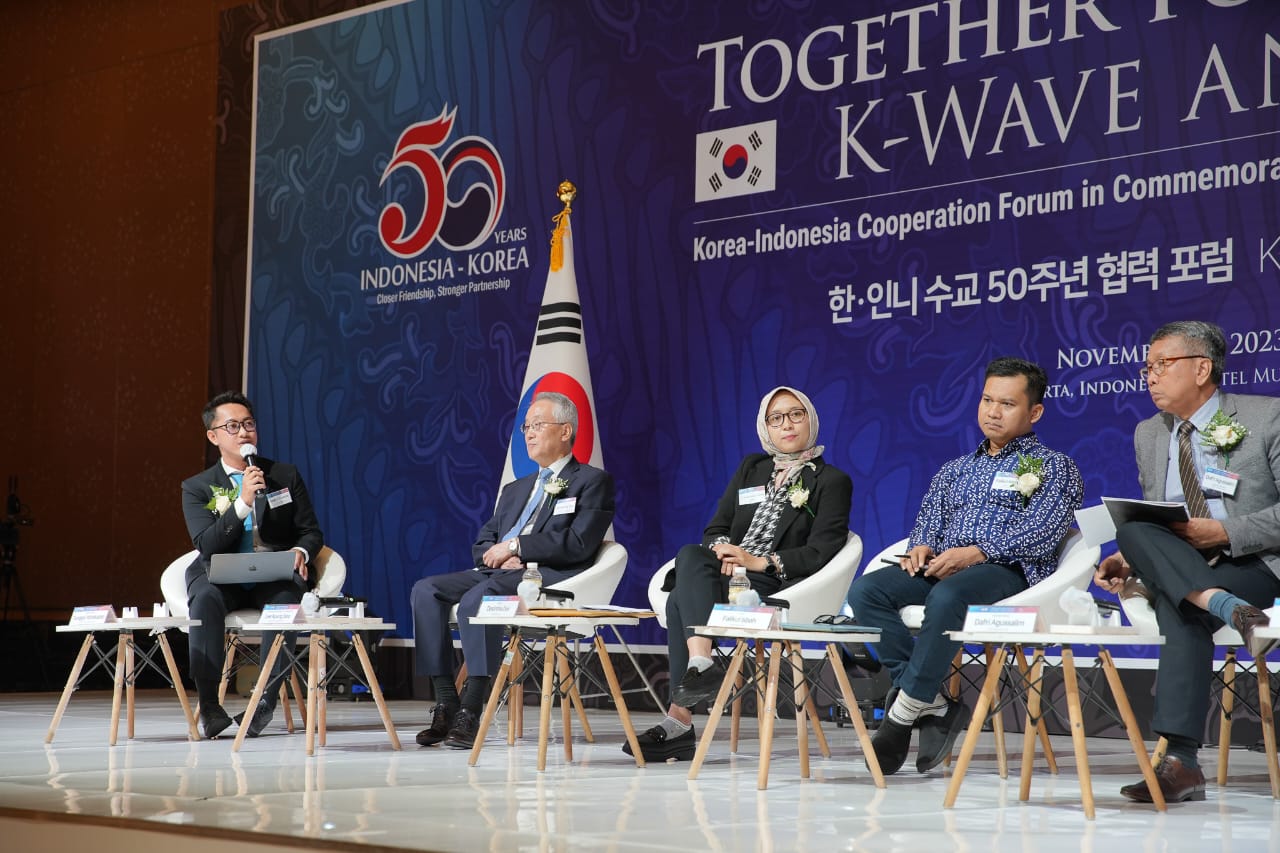

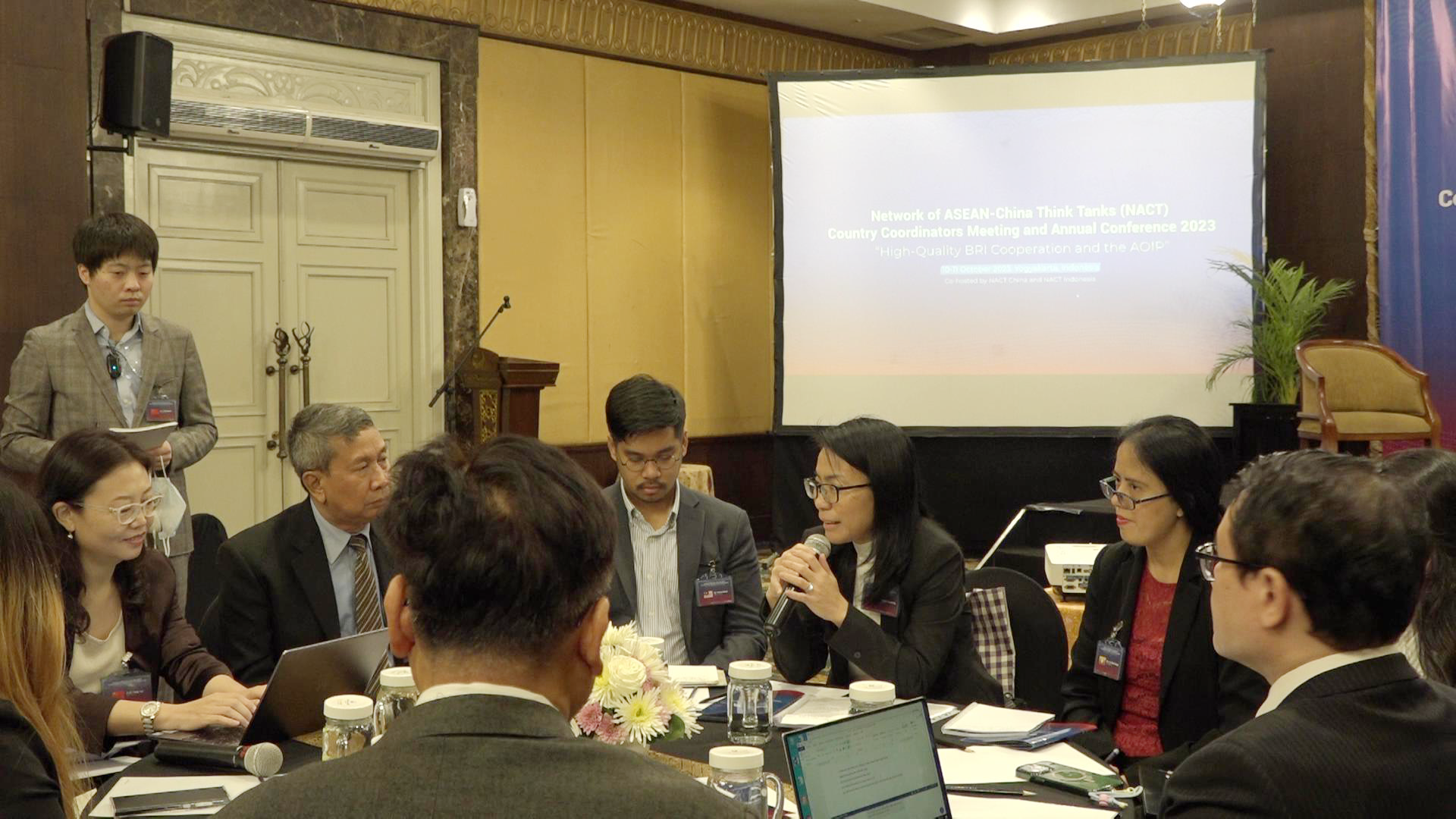
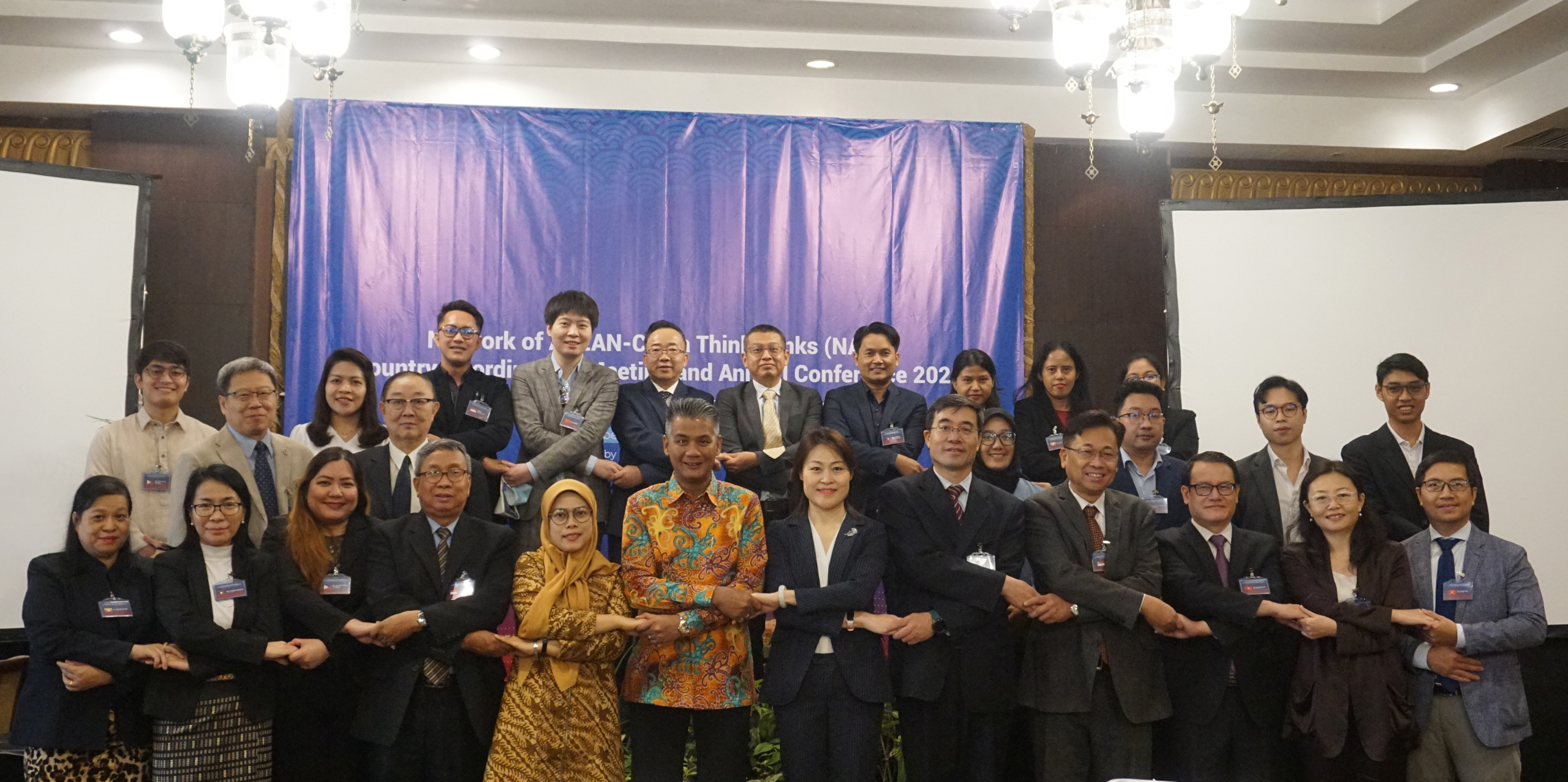
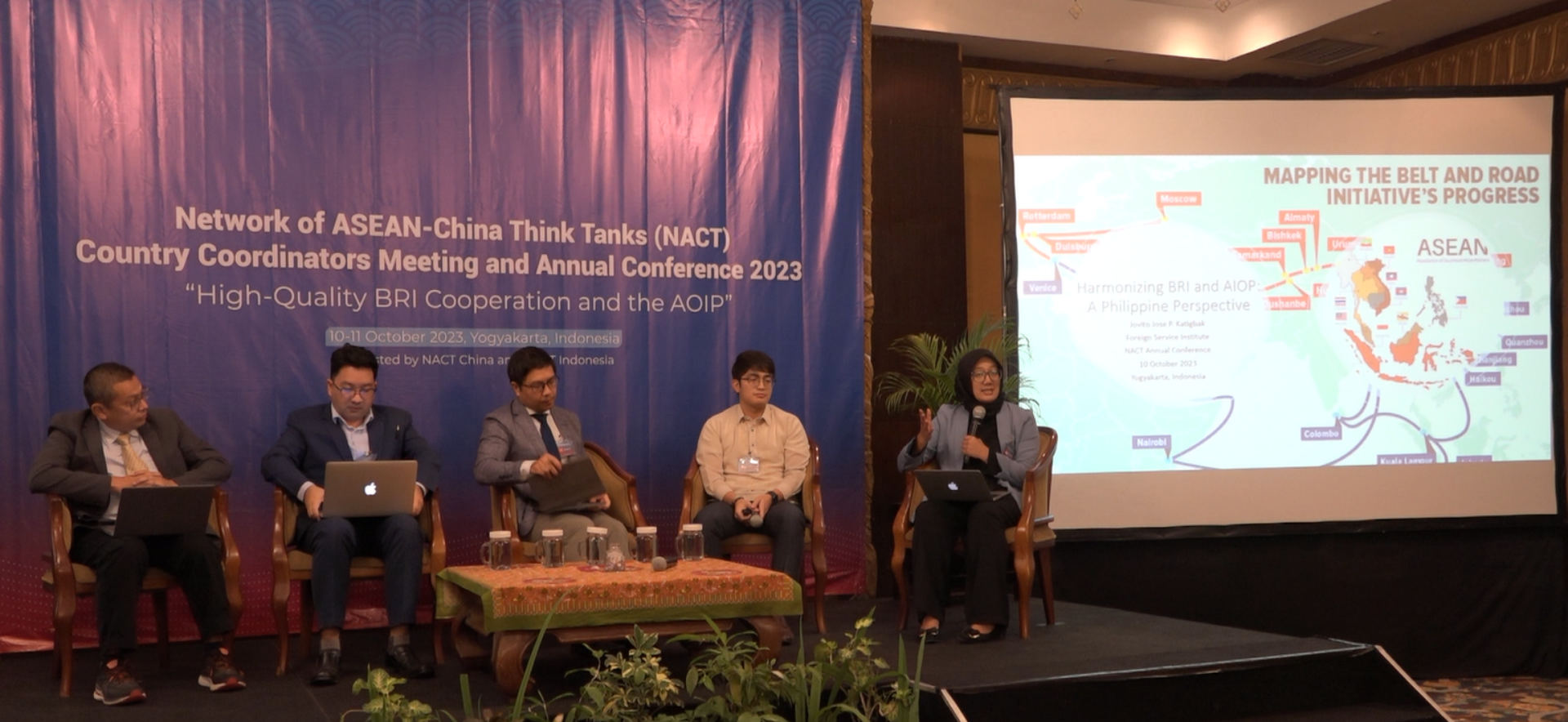
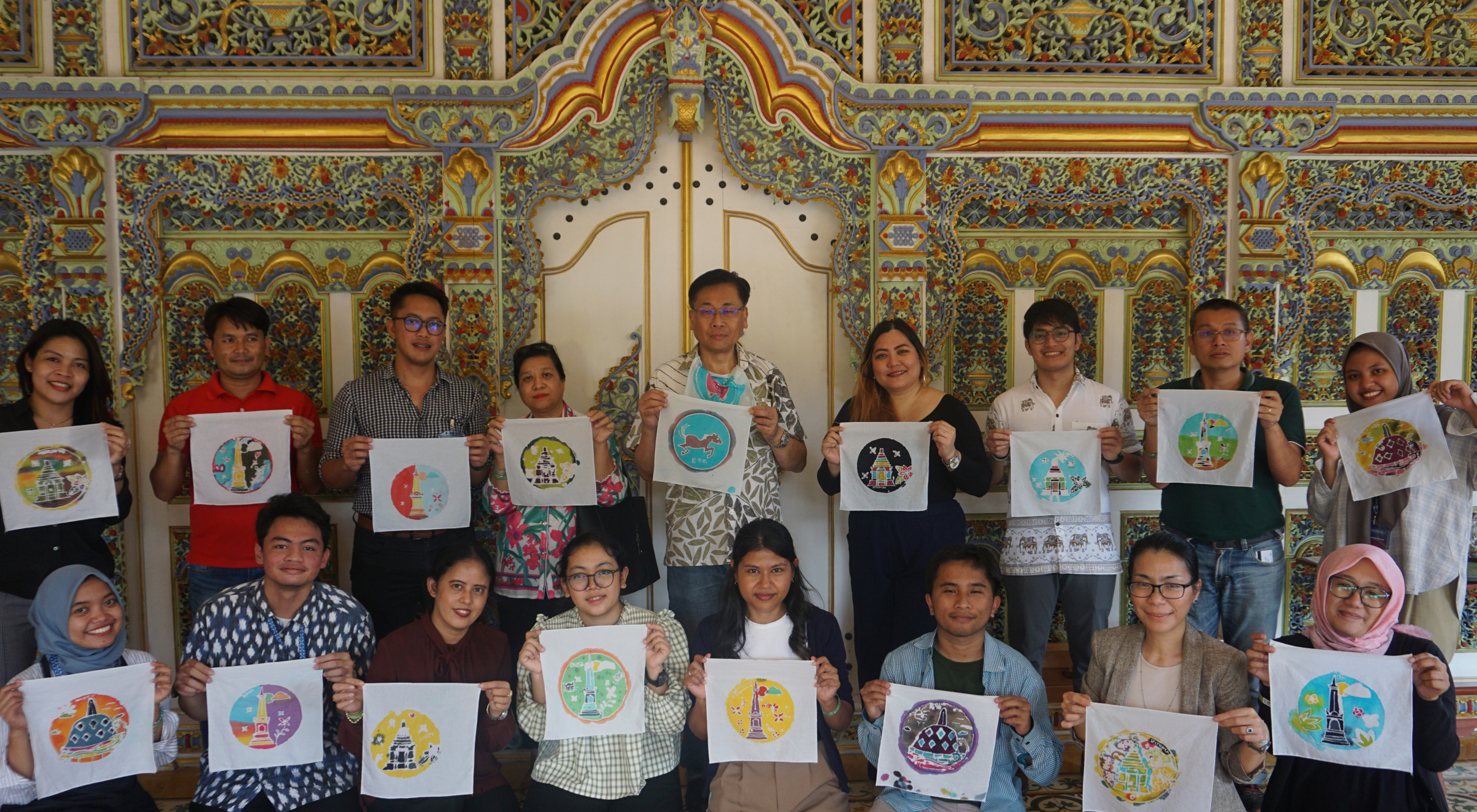



 “Standing on the Edge of a Thorn” is an intimate portrait of a family in rural Indonesia grappling with poverty, mental illness, and participation in the sex trade. The movie has succeeded in portraying how gender violence issues happened. During the discussion, Dr. Robert Lemelson, Ph. D has highlighted that this movie has brought up the issue of gender violence, which was previously considered a taboo subject to be discussed by the public. Even though the problem is happening a lot and affects the psychology of other family members, it is still considered taboo to bring up this issue. Ninik Supartini, M. Si. has also stated her efforts to approach people to recognize gender violence. According to her, gender violence is a structural issue and requires a prolonged approach to resolve it. Indiana Puspa Dewi, S.S., MA, a Ph.D., has also stated the importance of maximizing the village’s cultural background and situation to handle cases of gender violence in the community. The discussion also became more interesting with the Q&A session with participants of this movie screening.
“Standing on the Edge of a Thorn” is an intimate portrait of a family in rural Indonesia grappling with poverty, mental illness, and participation in the sex trade. The movie has succeeded in portraying how gender violence issues happened. During the discussion, Dr. Robert Lemelson, Ph. D has highlighted that this movie has brought up the issue of gender violence, which was previously considered a taboo subject to be discussed by the public. Even though the problem is happening a lot and affects the psychology of other family members, it is still considered taboo to bring up this issue. Ninik Supartini, M. Si. has also stated her efforts to approach people to recognize gender violence. According to her, gender violence is a structural issue and requires a prolonged approach to resolve it. Indiana Puspa Dewi, S.S., MA, a Ph.D., has also stated the importance of maximizing the village’s cultural background and situation to handle cases of gender violence in the community. The discussion also became more interesting with the Q&A session with participants of this movie screening.